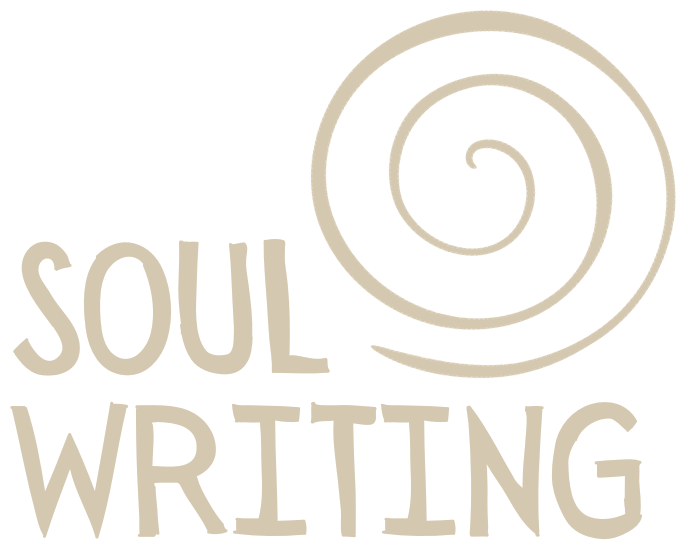Can you be a gentle reader?
I’m finishing up something I’m hoping to publish and, as part of the process, will soon send it out to a few folks to read. Thinking about how I’m going to frame it, a few requests come to mind. I’ll ask that they only point out anything that is glaring in its ignorance or obtuseness or confusion. That they don’t compare it to the great literature they’ve read (after all, I have no training, no degrees, no academic grounding whatsoever in what ‘good writing’ is—and anyway, this isn’t written in that spirit). Mostly I want to know how it impacts them, or if it does.
Above all, I’ll ask that they be gentle, please. This is a vulnerable new creation that needs to be handled with care. Naturally I will pick people who are likely to do this regardless of my requests. It is so essential to have safe people around our creations, at least to begin with.
This puts me in mind of those old-timey pieces addressed “Dear gentle reader.” Surely it was a nod of respect, referring to the reader as a gentleperson/woman/man. In this moment I’m moved to reclaim it as something more literal. I want to invite us all to be gentle readers.
Cultivating a posture of receptivity
There is room in all writing, all art, all the world, for scrutiny. It’s the posture most of us walk around in all the time, with which we approach everything: price tags, newspapers, social media posts. Attention spans are short these days. Not to mention how poised we all are to be offended. The metrics are “is it worth my time?” “Is it entertaining me?” “Am I pissed enough to respond?” If something doesn’t prove to be one or all of those things within the first few words, generally we move on. So in a way it’s natural that we’d approach others’ work the same way, regardless of context.
Part of what we’re doing in Soul Writing workshops is dismantling this automatic way of moving through life. We first encounter each other’s work by listening to the writer read it. We do this gently: energetically we’re standing back a few paces back from the piece and its creator, letting the words wash over us, and noticing what sticks in our mind, arises in our heart. What soaks into our skin and imperceptibly enters our bloodstream. What changes us.
This wouldn’t be possible if we were hunched forward in our chairs, foreheads close to the zoom screen, eyes squinting, brows furrowed, pen clutched in hand, poised to capture the first inconsistency we hear and spit it back venomously at the writer as soon as we can.
To make sure there’s no trace of this, we shape ourselves differently to start with, beginning each session by connecting with ourselves, with our feet, our spines. Sitting straight in our chairs, shoulders dropped, attending to the space in and around us, observing how it shifts with our intentions for it. We do nothing, will nothing. We simply notice. And this carries through to how we write—often watching with wonder as words fill the page as though through us—and of course how we listen and respond to each other’s work. Through this practice we become trustworthy stewards of our friends’ vulnerable new creations.
Noticing
I started learning taichi recently and what struck me immediately is that the empty space surrounding me is not empty at all. It is palpable. There is a definite something I am moving through. There are molecules to visit with every millimeter of motion. It has me—even after just a handful of lessons—moving around with a new attention on the space immediately around me. Noticing how it responds, welcomes, even pushes back if I go too fast, try to breeze past it.
Can you shift your attention to this way of noticing? Can you assume a posture that allows you to simply behold the air you breathe, the writing you read, the people you talk to?
Granted, it would be naïve and even harmful to be this way with everything. There are things written and said that are wildly misleading, hateful, and ill intended. This isn’t an encouragement to look at everything through a lens of blind acceptance.
Still, I wonder what is possible when slow down and take a broad, soft focus of all that is coming in, all that we’re moving through. Maybe if we take a beat to notice how it affects us, we might even get better at discerning what is and isn’t ‘good’ – not objectively (there is no such thing), but for us. Regardless we become more generous in our lives, meeting with kindness what is offered to us, freeing the other to give more, express more, become more alive.
